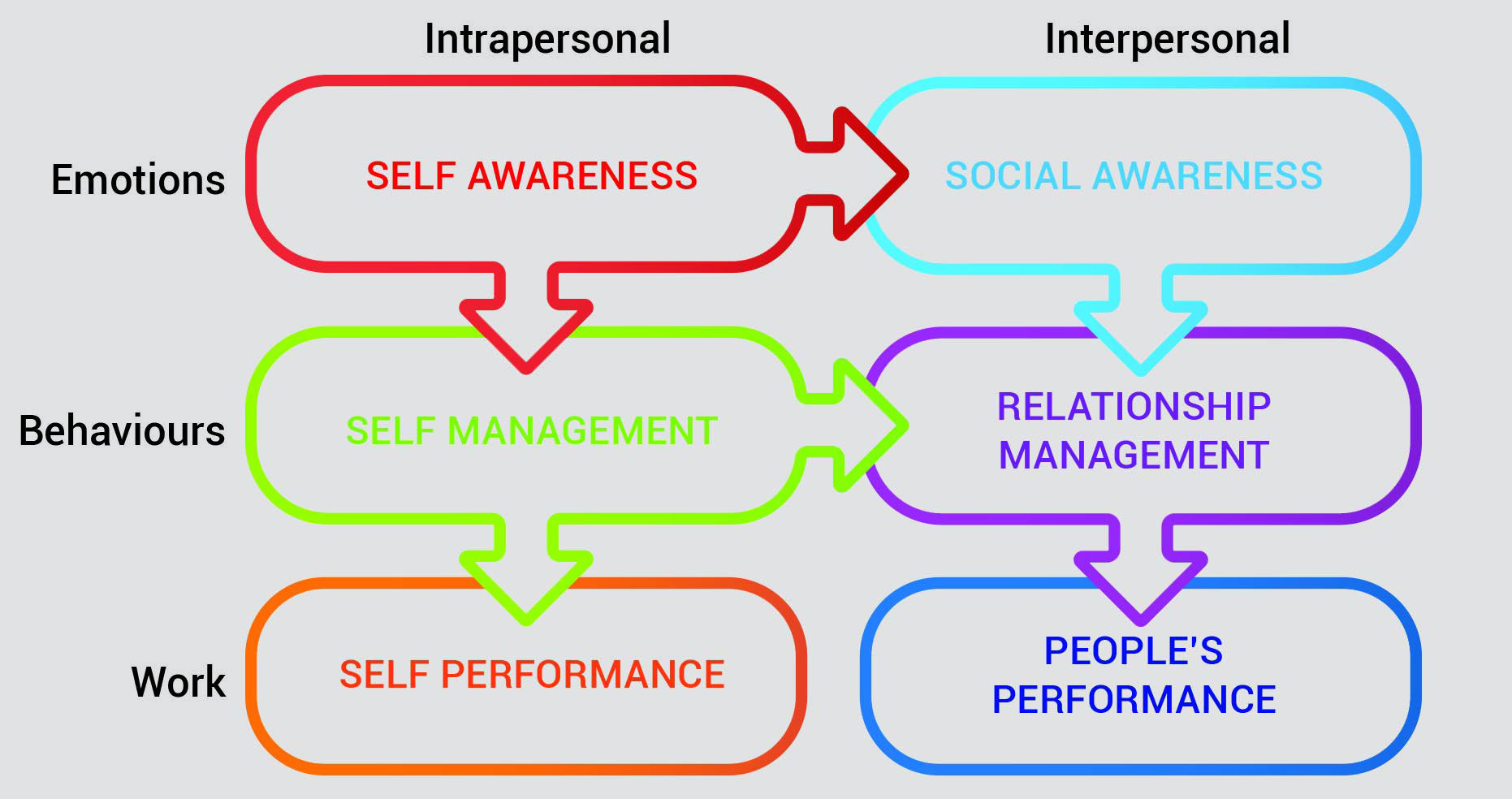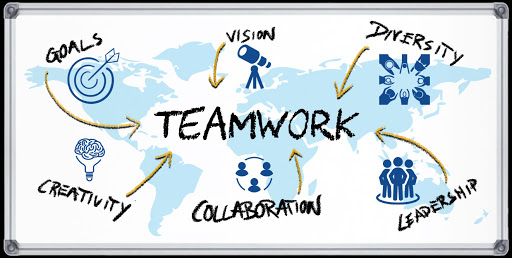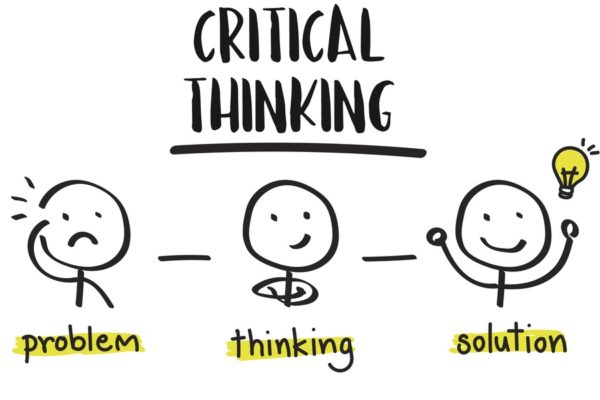With the world moving more and more towards project management, there is a huge stress on projects. The need for “Qualified” (not necessarily certified) project managers is at an all-time high and this demand intends to keep growing in the foreseeable future.
Unfortunately there is a huge dearth of “Qualified” project managers. It was recently estimated by PMI that less than 40% of all professionals managing projects, are “Qualified” project managers. This could also explain the reason why there are much higher numbers of failing and incomplete projects in the world than those which were successful or even partially successful.
Though there are many other reasons for woeful condition of project success (like organizations not having the requisite organizational structure required for conducting projects, misunderstanding of project methodologies, blind adoption of new methodologies of project management like Agile, without understanding their own readiness to adopt such a methodology etc..) the focus of this blog is only the “Project Managers”.
Here are some of the habits of a successful project manager, something that could be adopted by project managers to get better project results, help in developing better all-around relationships, garner a proactive approach towards project issues and have a lot less stressful time managing projects.
These habits are those I have observed in some of the most successful project managers and program managers and is not attuned to any specific domain or industry.
Ok let us get started.
1.Strong Emotional Equilibrium

The most important Habit of a successful project manager, is Emotional Stability and Emotional Equilibrium. People with emotional equilibrium do not switch emotional gears too fast and hence automatically look at all “goings on” in the project with a certain emotional detachment which is essential in understanding what is really at play and what needs to be done next. It’s important to understand that Emotional Equilibrium is not absence of passion or responsibility towards the project. Emotional Equilibrium is a sign of Emotional Intelligence and this allows the project manager to be better at understanding the emotions of others and as well as their own too, and also understand what kind of emotion would be harmful in the given context. This is by far the most important habit and the absence of this habit leads to a cascading effect of wrong decisions and knee-jerk reactions that may end up nullifying all the other amazing skills and knowledge a project manager may have.
2.Asks 100s of questions before accepting any work and not after

I have seen several project managers getting fired from their positions because they did not have this habit. Most project managers eagerly say yes while being handed a project to plan and execute and then later in the project ask thousands of questions, when things become impossible to get done. Asking tons of questions later in the project becomes the biggest “Character and professional flaw” of the project manager in the eyes of the decision makers. This habit is usually construed as an attempt to escape responsibility and ownership.
However the successful project managers ask a lot of “Irritating” questions at the very first stage of the project. Questions about background of the projects, about the scope, about the expectations, about the stakeholders, about the environment of the project, about what could go wrong, about the project justifications and such other questions that become a huge problem later in the project. Most project managers are very shy in asking questions in the beginning however a successful project manager no only asks tons of questions up-front right at the beginning of the project but also knows “How” to ask such questions without seeming too circumspect and project averse. Diplomacy and tact is the rule of the game, nevertheless.
3.Constantly networks with people

One of the worst mistakes made by project managers is that they don the “Networking” cap the moment they sense the need. This need based networking is a very transparent garb and usually such thinly vailed attempts generate just the opposite effect. A successful project manager is a habitual networker. They like meeting and conversing with people and generally build bridges to be crossed later. This is the “genuine” method of networking and always bears dividend and garners help and support from others when the need arises. This is even more important among those kind of organizations that are not only large but tend to be more operations heavy thus tilting the balance of power towards Functional heads. The project managers, in such organizations, do not really have much authority to get things moving and thus in such organizations the most important currency is the “Network” a person has.
4. Hates working late

Yes! I know, this will not go down easy for most of you reading this. However, facts are stranger than fiction, as great people say. This is one such habit that I pursue very diligently and to amazing effects. I have worked late at times and so has my team too, but that was an emergency situation. Something that we had missed and only we were to rectify it. Now, in case you have a daily emergency and you and your team have to stay back every day, then, I am sorry, I have to inform you that you suck at project planning entirely. J
The entire purpose of project planning and project techniques like Work Break-down Structure (WBS), Scheduling, Costing & Budgeting as well as Risk Management is to be able to foresee how and what needs to be done and when, thus drastically reducing the surprises and firefighting that unplanned projects are usually subjected to daily.Most successful project managers are sticklers to the rule of leaving on time, resting well, and coming back to work with a rested and sharp mind. I mean just see how a person behaves during the day when they know that they will be in office till 9 or 10 pm, they drag their feet, take extended breaks, are already fatigued from lack of sleep, keep making one mistake after another, call for longish meetings that they attend by being mentally absent and so on. This is a vicious cycle. In all my projects that I managed, I actually remember clearly the instances when I and my team had to stay back late. You want productivity, develop the habit of leaving on time, and investing in practices that allow you and your team to do so.
5.Flexibility to switch between virtual and co-located teams

As the projects become more global and teams become a combination of co-located as well as virtual one of the most critical habit of a successful project manager is to switch between virtual teams and co-located teams without too much of a gear shift. To build and lead virtual teams is a completely different ball game that needs a totally different mind-set, observation skills as well as communication skills. A successful project manager is one that can help generate similar productivity, team spirit as well as performance focus even from a virtual team.
One of the hardest task for a Project manager is to prevent the “subconscious” feeling of “Us vs They” between two or more teams who are connected virtually. The ability to make the virtual teams just as involved and feel “looked after” as the local co-located team is not something that would come naturally to project managers. This skill and ability needs to be developed through observation, understanding of different cultures, limitations of virtual platforms, communication skills and a lot of patience. Now, due to a tremendous focus on cost cutting and due to health scare of contamination, more and more work will happen over virtual platforms. And hence project managers with this habit and skills would be more and more in demand.
6.Questions methodologies and their applicability to individual projects

While it is immensely exiting, the constant introduction of new methodologies and concepts in project management has led a lot of organizations to mindlessly adopt methodologies and apply them where they do not even fit properly. One of the examples is the absolute “Mindless” application of Agile methodologies across all walks of life in IT and Software projects, whether it applies to the situation or not. Everyone seems to chant “Agile” at the drop of a hat. I was shocked to see that some “Project professionals” were trying to apply it even in construction and manufacturing projects. It’s as if “Everybody wants to be Agile” in some form or the other whether the situation calls for it or not. And the results are, just as expected, that hardly any “Agile” project is planned, executed or even finished properly. And yet, within all this chaos, there are some “brave” souls who question this mindless practice and even question the senior leadership’s decision to “Agilify” everything.
This habit of questioning the choice of methodologies for the project at hand, has saved quite a few projects from disaster. Agile is just a methodology suite that need to be applied to projects if the situation demands. Different kinds of methodologies need to be applied to different projects because of the different constraints and environmental factors of the project. I mean just imagine if a project manager agrees to conduct a “project for meeting a new regulation” using SCRUM. And I have seen that as well, resulting in the company getting non-compliant.
7.Loves team play

A project manager who is not a team player or not a people’s person is probably in the wrong career path. In their personal life you may have any personality. You may not like parties and crowds or you may be the kind of person who does not like to or want to, mix up with people a lot. That is just fine. But if you are project manager, you simply cannot carry this personality trait or habit to work. In the role of a Project Manager you need to be a people’s person who loves to work with teams, careful of their needs, does not reward individual performance, maintains transparency, understands team dynamics and knows how to build up team spirit and be observant enough to notice what is happening to the team.
So many projects have been “knocked-out” simply because the project manager did not engage the team well enough, or did not know how to engage the team or understood the team dynamics or was not observant enough to notice how the team was disintegrating.
There is a very dangerous practice, among most organizations, of “promoting” their most “Technical” person to the position / role of a project manager. More often than not, those technical persons, being super-specialised in their line of work, hardly take any inputs from the team while creating a plan and also are generally not very good at team dynamics. This leads to tons of problem in projects and then people wonder “Why such a fate befell this project?”.
8.Communicates

While a lot of people just “Broadcast”, very few people actually communicate. One of the prominent habits of a successful project manager is that they “Communicate” and not just broadcast. Communication is not easy as it requires patience, resilience, emotional equilibrium and active listening. Just to ensure that all my readers know the actual difference between communication and messaging or broadcasting. Communication is when the sender of the message ensures (through feedback or repetitions) that the receiver has understood the message in the same manner as intended to by the sender. Every message goes through a “Noise” (physical noise like ambient noise-levels or noise in their mind set like biases and cultural differences) and therefore it is imminent upon the sender to ensure that the receiver has understood the message through the fog of Noise.
A successful project manager knows that the messages cannot be left for interpretations by the receivers, and take that extra effort to ensure that the message / information has been well understood. This habit also saves a lot of time, because by communicating the very first time, instead of just messaging, the project manager would not have to keep removing doubts of each of the stakeholders for the same thing over and over again.
Successful project managers also ensure that the use of Jargons are the minimum in their project. Jargons are one of the biggest culprits in miscommunication in project environment.
9.Health conscious

For some reason most organizations misunderstand this part quite drastically. Most organizations tend to feel that project managers who work late and are available at all times of the day and night (more of an Aisan Mindset problem) are more productive and more result oriented. The reality, however, is completely flipped. The most successful projects are those who take time out for themselves to do whatever that keeps them healthy. Going for a long marathon and posting pics on social media with medals, is not the only way to keep healthy. A walk, reading books, playing sports or just about anything that keeps them healthy, is good enough. Such routine self time helps digest food better, keeps the circulation in good shape and helps release those hormones and chemicals that keep the mind sharp and emotions well balanced. A clear mind and a calm disposition is one of the most potent weapons for daily challenges that are often the case when it comes to project management.
I know what I am going to write here is going to upset a lot of people, but habitual smokers, lethargic, over-eaters and late sleepers make poor to average project managers (at best). By health conscious I mean the overall health and not just grunting and sweating at a Gym.
Most successful project managers maintain a good mental and physical health and avoid poisoning their minds with garbage media sources while avoid poisoning their body with lack of sleep, bad circulation and untimely food crunching or consuming junk food.
10.Keeps neat and tidy

This does not mean wearing a 3 piece suit or always dressed to attend board meetings. Keeping tidy and neat are about how one keeps things, desk, files on their computers, clothes in their closet, car keys and even the way they wear clothes.
A tidy person, no matter what they are wearing, will never look messy. I am talking about that. This shows that they have the lifestyle of working in ways that does not leave much scope for constantly firefighting.
What I mean is that if you struggle to find where you kept the car keys every day, or cannot remember where you noted down that important phone number, or cannot find any ironed shirt for that important meeting you are not the Project Manager material. Such people take their working style and infect the rest of the team and spread chaos.
Must successful project managers are very tidy and neat and they exude confidence just by their neat and tidy desk, lifestyle as well as their clothes. This same tidiness carries on to every aspect of their lives including project planning and project work.
11.Hates meetings

Meetings may be important but not the ONLY way to connect with people. Too many meetings (physical or virtual) are a waste of time. The “Time Spent vs Benefits Received” ratio is the lowest when it comes to meetings. If the project has been well planned (including communication plan) you would need a lot lesser meetings.
Every successful project manager hates meetings. This does not mean that they skip meetings all together. It means that they use meetings only and only for those situations where nothing else would work.
I saw with my own eyes how, meetings after meetings, completely ruined a project at one of the richest global beverage companies run by one of the most “Highly qualified’ professionals and finally the project got terminated after spending close to USD 2.5 Million.
Another habit that I have observed among the most successful project managers is that they literally “Time-Box” every meeting and even every agenda item. This helps keep everyone participating in the meeting on their toes and fully productive.
12.Always prioritize

The most successful project managers are aware that one cannot complete everything in a given day. This realization is very important. This is the first step towards prioritization.
One of the habits of a successful project manager is to always use things like Multi-Criteria prioritization, ranking or 80/20 principles to constantly prioritize the work that need to be done and help their team do the same. This ensures that the most important work keep getting done and not just “Some Work”. Use of scheduling tools and seeking out “Critical Path” activities is another example of keeping self and others focused on some of the most important work on the project. This practical habit helps a lot in crucial decision making and handling changes.
13.Love Planning

Notice that I have used the verb “Planning” and not the noun “Plan”. Yes! A plan has to be made and even baselined but one of the habits of a successful project manager is to keep planning. Keeping to a single plan irrespective of “Going-on’s” in the project is very akin to “Bureaucracy”.
A successful project manager knows all the processes of the project management and constantly uses the most apt processes at a given moment and keeps revisiting the plan to understand if the plan is still relevant today or not. If not, than takes time and involvement of stakeholders to re-plan. A successful project manager knows that Planning is more important the a static plan. No one is perfect, including them, and hence no one can make a “Plan” that holds relevance all the way till the end of the project.
Anyone who loves planning in all aspects of life are those who produce one of the most successful project managers. They have a habit of looking forward at every important stage of the project, “What do we need to do for the rest of project and How do we need to do that?”. This also means that the project managers uses various tools and techniques to help them in their “Planning” process. I mean, no matter what your intentions are, how can you be good at planning when you use “Excel” for project scheduling. The tools for planning need to be just as dynamic as your mind-set else you would be held back by the “Static and inflexible” tools that you end up using.
14. Reads people and understand politics

Yes! You read it correct. I said the dreaded “P” word, Politics. Politics is a way of life and more so in an organization that is filled with people with different roles, ambitions, expectations and cultures. If you are not aware of how people work, what are the power-centres in the organization, what makes people tick and understanding about what it takes to influence others to do what you want them to do.
Let me clarify that this is such an important topic that it even shows up as a leadership skill in PMBOK Guide 6th Edition.
Office politics is hated by a lot of people just because they confuse it with Manipulation. The difference is that while Politics is about using various tricks to influence people and stakeholders for the ultimate benefit of the organization or the project work. But manipulation is doing similar tricks but for own benefits over and above those of the organization.
Successful project managers spend time understanding the “Political Environment” of the organization and try and using it for the benefit of their project and furthering the strategy of the organization. But unsuccessful project managers hide behind a thinly veiled façade of “Morality” to justify their total lack of influencing abilities and lack of understanding of “Organizational Politics”.
15. Problem solving and critical thinking

And finally, last, though not the least, habit of a successful project manager is that they love problem solving and employing “Critical Thinking”. Problem solving techniques like 5 Whys, Cause and Effect Analysis, Triz, Lateral thinking and other such, could be used by the project manager to solve problems, conflicts and challenges.
Critical thinking is a combination of knowing how one’s own mind works as well as which technique of problem solving would best suit the given situation or problem. Successful project managers love to work with team to solve problems and radiate the concept of “Critical Thinking” instead of “Knee Jerk” reactions to situations and problems.
This blog could also be used by the project professionals to understand what they lack or where they need to improve or inculcate. This could be used by senior managers to identity the right people to be groomed or identified to take up project management work. And this could also be used by HR professionals to hire just the right kind of Project Managers for their organization.
I will soon be coming out with a complimentary blog talking about the “Signs” that indicate that a project manager is ineffective or inappropriate for the work at hand.
Keep looking out for the blogs on this site.
=========== end ===============